5 Non-dramatic heart attack signs that Malaysians are unaware of
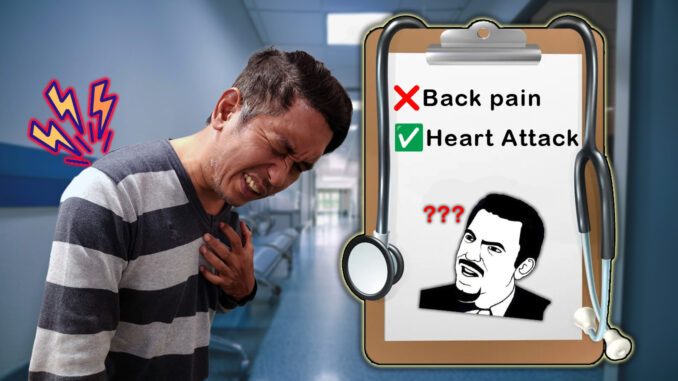
- 1.8KShares
- Facebook1.5K
- Twitter25
- LinkedIn13
- Email25
- WhatsApp225
If we ask you to picture a heart attack, you’ll probably think of something like this:
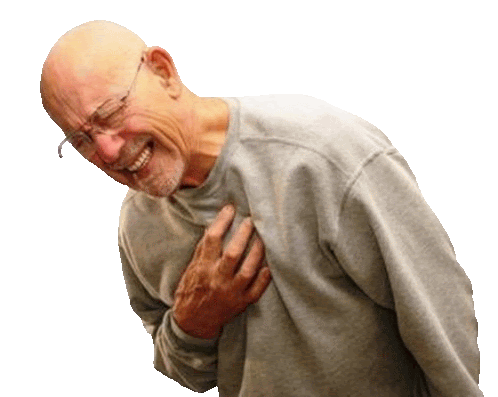
The chest clutch has become a universal way to show a heart attack, especially on TV. And since cardiovascular disease has been a leading cause of death in Malaysia since the 1980’s, many of us grew up seeing PSA posters using the chest clutch in schools and clinics.
Safe to say, it’s been drummed into us that chest pain is equal to a heart attack.
Heart attacks are more than just chest pains
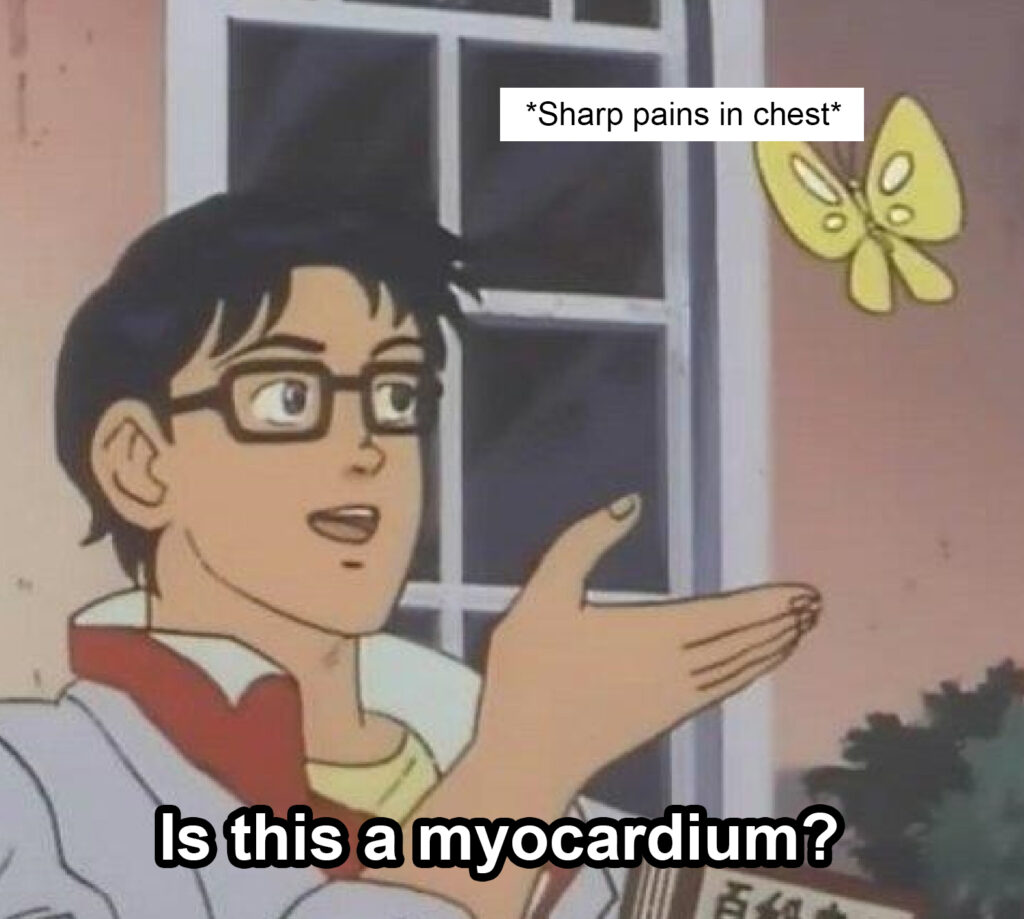
After speaking to some of the cardiology specialists at Pantai Hospitals, we learnt that heart attacks aren’t always sudden and chest-clutchingly intense. While intense chest pains are indicative of a heart attack, heart attack symptoms are typically more than just that.
In fact, the symptoms can also be different for men and women. Chest pains are almost universally experienced by men, but some women don’t even experience chest pains – leading them to not realize they’re actually having a heart attack!
What’s more common is a heart attack build-up, manifesting as smaller symptoms as less blood goes back to your heart. These symptoms are a lot less dramatic, leading many people to dismiss them as less serious ailments that can be solved with a paracetamol or sleeping it off.
So, here are some common normal-sounding heart attack symptoms that you should look out for.
1. Cold sweat and sweating…. a LOT.

With our weather, it can be difficult to tell the difference between normal sweating and heart attack sweating. It’ll be quite natural to chalk it all up to a hot day and run into an air-conditioned room. However, if you’re sweating way more than you usually do, it might be a sign to get a check-up.
Basically, when your arteries are clogged, your heart has to work harder to keep the blood flowing. Just like when someone raises the speed when you’re on the threadmill, the extra strain raises your body temperature causing you to sweat.
One difference you can look out for is hyperhidrosis – an unnatural amount of sweating. The second is a lack of reason for the sweating.
Women in particular need to look out for this, especially in the form of night sweats. It’s especially important if you’re a woman in your late 30’s to late 50’s because this symptom can often be mistaken as a sign of menopause.
2. A heart attack can cause pain in the neck, jaw, shoulder, or back

A blockage in your coronary artery can cause pressure to build up. This leads to the cramping or squeezing that’s associated with chest pain. This pain can also spread or radiate to nearby parts of your body, including your:
- Throat and jaw
- Neck
- Shoulders
- Abdomen
- Upper back
- Arms (more often the left arm)
Different people may experience pain in different areas, or a combination of them. And yes, whether you’re male or female makes a difference.
More men than women experience a shooting pain in the arms, especially down their left arm and under the armpit. On the other hand, women are more likely to experience a tight, squeezing pain in their upper back.
3. Indigestion and heartburn are tricky heart attack symptoms
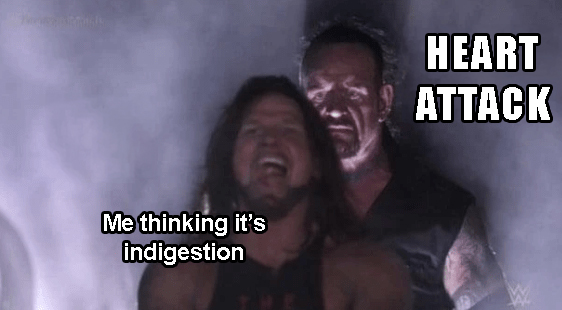
Stomach-related issues are a tricky one. These are the symptoms that people either dismiss when it’s a heart attack, or mistake for a heart attack when it’s just tummy problems.
According to Dr. Faizal Khan, a Cardiology Specialist at Pantai Hospital Kuala Lumpur, many of his patients mistake heartburn and acid reflux for a heart attack. Meanwhile Dr. Mohd Al-Baqlish B. Mohd Firdaus, a Cardiologist at Pantai Hospital Ayer Keroh added that GERD (Gastroesophageal Reflux Disease) tends to be the condition he sees most in his patients. GERD is kinda like the final boss version of acid reflux.

The reasons why the tummy problem issues overlap with heart attack symptoms so much is because:
Heart attack
- The pain from the heart and chest can radiate to your abdomen, leading you to mistake it for stomach problems.
- You can get indigestion and bloating if the reduced blood flow caused by a blocked artery affects your digestion.
Indigestion, heartburn, acid reflux, GERD
- Heartburn and GERD are caused by acid reflux. It’s when your stomach acids flow into your esophagus (the food pipe) causing pain and discomfort.
- Your esophagus is just behind your breastbone, so the location of the pain can be mistaken for signs of a heart attack.
- The bloating from gas can also amplify the tight feeling in the chest.
Coupled with tummy problems being one of the most common things we experience, it’s easy to see why someone might write it off as payback for too much spicy food or overeating.
There is one totally non-doctor-approved way to quickly tell the difference, though it’s not something you’d wanna do in public. If the pain subsides after you burp, belch, or let go a nice long fart, it’s likely a digestion problem.
4. Feeling lightheaded and/or dizzy

When your heart isn’t getting enough blood to pump out to the rest of your body, it can lead to a drop in blood pressure and reduce the blood flow to your brain. This results in that lightheaded or dizzy feeling, especially if you’re standing up.
It’s not just heart attacks, too.
Dizziness and lightheadedness can be a warning sign for other cardiovascular problems and diseases. These include arrhythmia (irregular heartbeat), heart valve disease, congenital heart defects, pericarditis (inflammation of the pericardium), and coronary artery disease.
If the room suddenly starts to spin or your vision starts to fade out, try to sit or lie down and let someone know right away. It’s super important that someone can get you help if you pass out.
5. No heart attack symptoms (!!!)

This isn’t a troll point. If you are female and/or have diabetes, this might be the scariest point.
This is something called a silent heart attack where, in some cases, the patient actually has no idea they’re having a heart attack. Research indicates that 22% – 60% of heart attacks are silent.
Silent heart attacks typically have few to no symptoms, or have symptoms (such as the ones previously mentioned) that are mild enough to be mistaken for a different ailment. It also may not cause any chest pains or shortness of breath.
Because women generally experience the less dramatic symptoms of heart attack, it’s possible that they might dismiss it as menstrual cramps, menopause, or a lesser illness. There is also some research showing that a woman’s higher tolerance for pain might be a factor.

Prof. John Guillebaud from University College London conducted research that showed period cramps can be as painful as having a heart attack. While this is further evidence that women aren’t exaggerating about the pain, it also highlights a potential danger where women might be so used to the pain that they expect heart attack to be more painful.
As for diabetics, diabetes can cause neuropathy – a type of nerve damage. While it usually affects the hands and feet, it can also damage the nerves leading to the heart and blood vessels. This damage might cause a diabetic to not feel the pain that comes with a heart attack.
Having an undetected silent heart attack puts you at higher risk of getting a more severe one, even if you feel totally fine. There is no way to diagnose if you’re at risk of a silent heart attack, but regular checkups can lower the chance of getting one.
If you feel something is wrong, see a doctor!
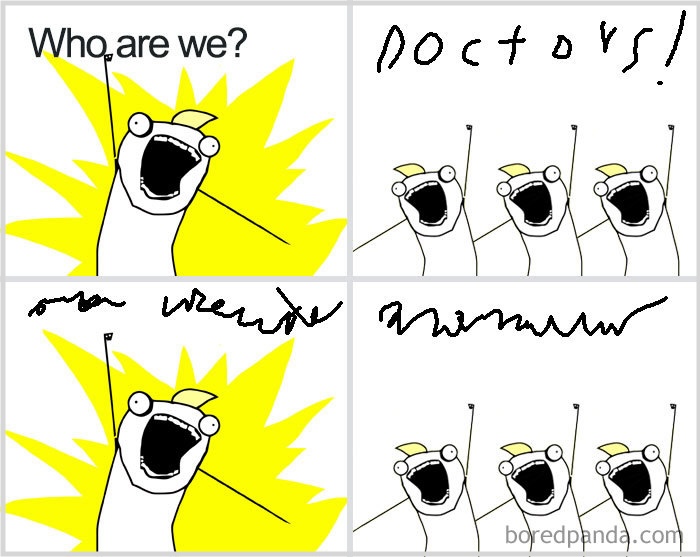
If there is one takeaway, it’s that you should listen to your body. Sure, it might sound silly being told by a doctor that it was caused by last night’s supreme imperial fire spicy mala hotpot, but if it really was a heart attack, you’ll be glad that you went.
With World Heart Day coming up on September 29th, Pantai Hospitals is offering a variety of screening package promotions so you can give your heart some love with a checkup. Head over to this link for more info!
If you have the slightest suspicion that you’re having a heart attack, you should call for help immediately. Dr. Mohd Al-Baqlish shares a medical saying “Time is myocardium“.
Basically, the myocardium is the muscle that pumps blood throughout your body. In the event of a heart attack, there’s a limited window of time for doctors to save your life and prevent further damage to the muscle. Otherwise, it’s… well…. RIP in peace.
Dr. Faizal Khan provides further advice:
“While waiting for help, try to stay calm, chew an aspirin if available, and avoid physical exertion to minimize heart strain.”
Another saying is “prevention is better than cure”. The dedicated team of heart specialists at Pantai Hospitals have written several articles on how you can have better control of your own heart health, including lifestyle tips and – probably the most relevant for many of us – how sitting in front of the laptop or phone and not getting your steps in can negatively affect your heart health.
❤️ your ❤️
- 1.8KShares
- Facebook1.5K
- Twitter25
- LinkedIn13
- Email25
- WhatsApp225
